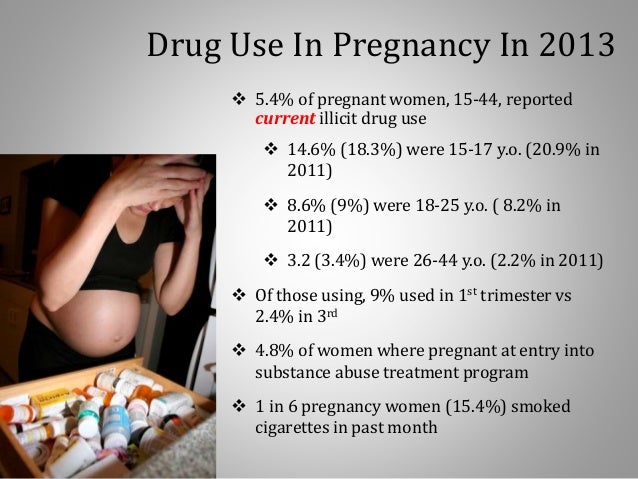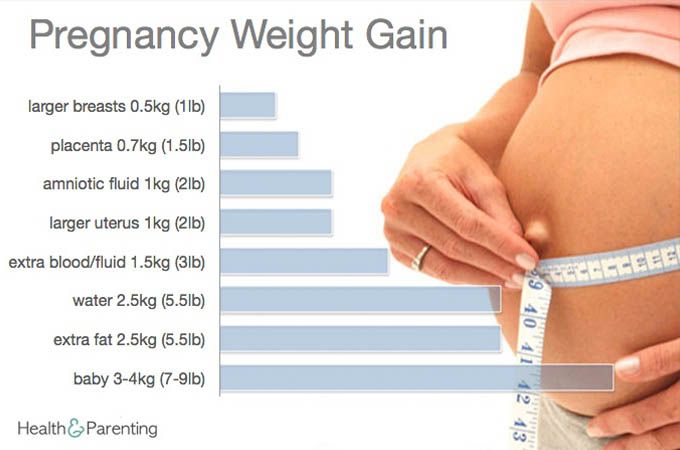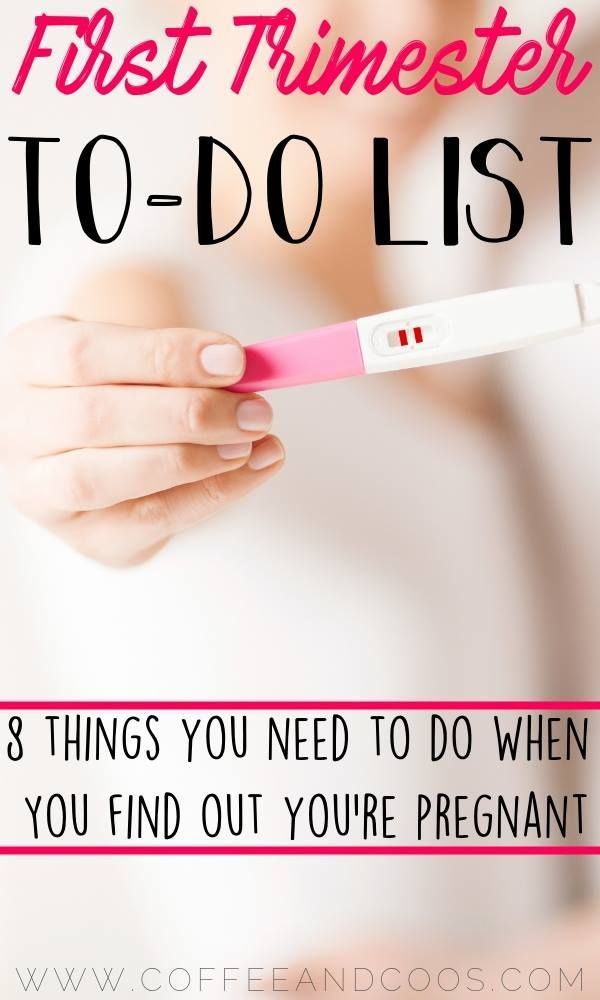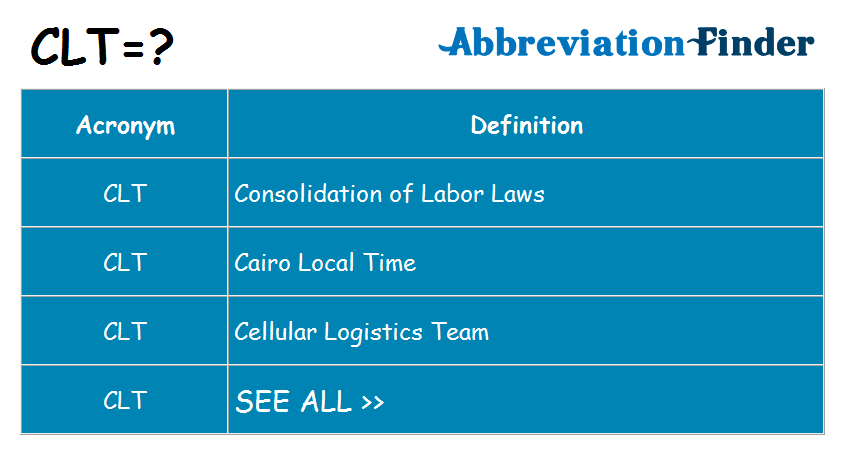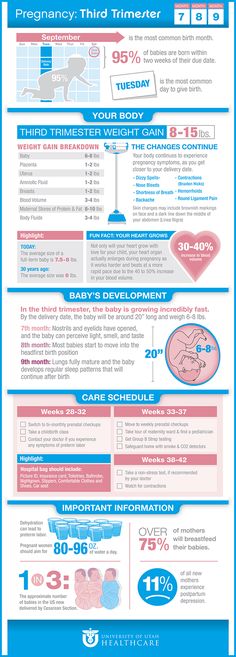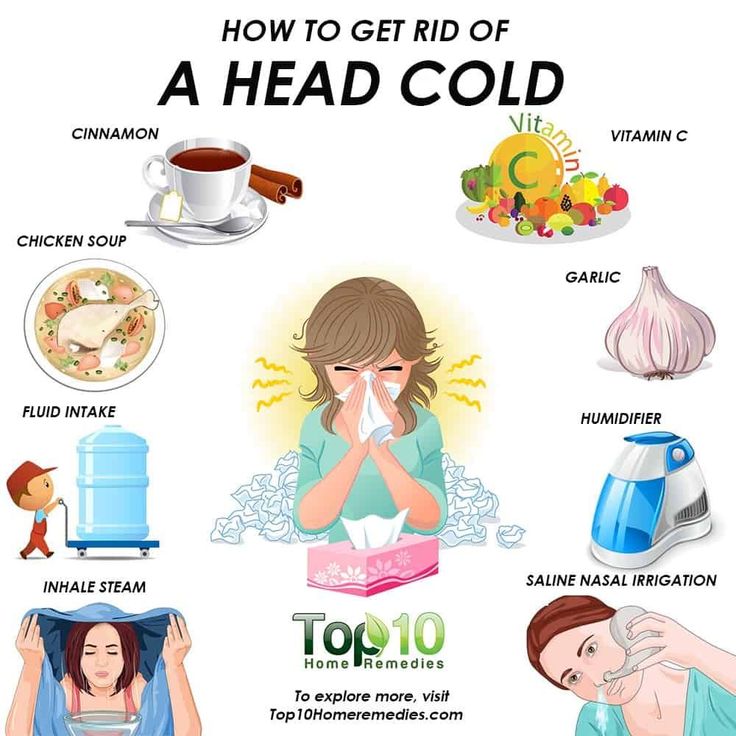Is caffeine bad for you when pregnant
Moderate daily caffeine intake during pregnancy may lead to smaller birth size
You are here
Home » News & Events » News Releases
News Release
Thursday, March 25, 2021
Pregnant women who consumed the caffeine equivalent of as little as half a cup of coffee a day on average had slightly smaller babies than pregnant women who did not consume caffeinated beverages, according to a study by researchers at the National Institutes of Health. The researchers found corresponding reductions in size and lean body mass for infants whose mothers consumed below the 200 milligrams of caffeine per day — about two cups of coffee — believed to increase risks to the fetus. Smaller birth size can place infants at higher risk of obesity, heart disease and diabetes later in life.
The researchers were led by Katherine L. Grantz, M.D., M.S., of the Division of Intramural Population Health Research at NIH’s Eunice Kennedy Shriver National Institute of Child Health and Human Development. The study appears in JAMA Network Open.
“Until we learn more, our results suggest it might be prudent to limit or forego caffeine-containing beverages during pregnancy,” Dr. Grantz said. “It’s also a good idea for women to consult their physicians about caffeine consumption during pregnancy.”
Previous studies have linked high caffeine consumption (more than 200 milligrams of caffeine per day) during pregnancy to infants being small for their gestational age (stage of pregnancy) or at risk for intrauterine growth restriction—being in the lowest 10th percentile for infants of the same gestational age. However, studies on moderate daily caffeine consumption (200 milligrams or less) during pregnancy have produced mixed results. Some have found similar elevated risks for low birth weight and other poor birth outcomes, while others have found no such links. The current study authors noted that many of the earlier studies did not account for other factors that could influence infant birth size, such as variation in caffeine content of different beverages and maternal smoking during pregnancy.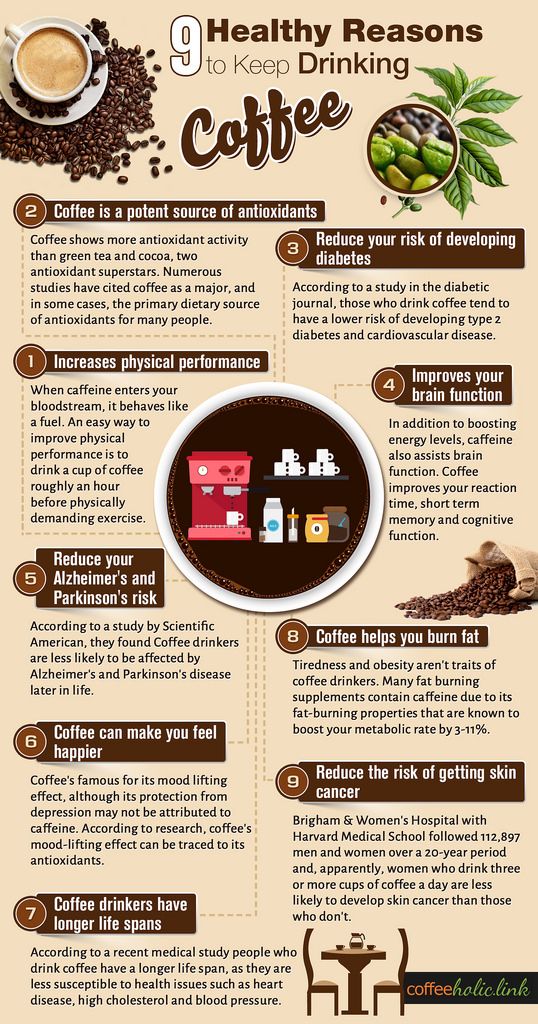
For their study, the authors analyzed data on more than 2,000 racially and ethnically diverse women at 12 clinical sites who were enrolled from 8 to 13 weeks of pregnancy. The women were non-smokers and did not have any health problems before pregnancy. From weeks 10 to 13 of pregnancy, the women provided a blood sample that was later analyzed for caffeine and paraxanthine, a compound produced when caffeine is broken down in the body. The women also reported their daily consumption of caffeinated beverages (coffee, tea, soda and energy drinks) for the past week—once when they enrolled and periodically throughout their pregnancies.
Compared to infants born to women with no or minimal blood levels of caffeine, infants born to women who had the highest blood levels of caffeine at enrollment were an average of 84 grams lighter at birth (about 3 ounces), were .44 centimeters shorter (about .17 inches), and had head circumferences .28 centimeters smaller (about .11 inches).
Based on the women’s own estimates of the beverages they drank, women who consumed about 50 milligrams of caffeine a day (equivalent to a half cup of coffee) had infants 66 grams (about 2. 3 ounces) lighter than infants born to non-caffeine consumers. Similarly, infants born to the caffeine consumers also had thigh circumferences .32 centimeters smaller (about .13 inches).
3 ounces) lighter than infants born to non-caffeine consumers. Similarly, infants born to the caffeine consumers also had thigh circumferences .32 centimeters smaller (about .13 inches).
The researchers noted that caffeine is believed to cause blood vessels in the uterus and placenta to constrict, which could reduce the blood supply to the fetus and inhibit growth. Similarly, researchers believe caffeine could potentially disrupt fetal stress hormones, putting infants at risk for rapid weight gain after birth and for later life obesity, heart disease and diabetes.
The authors concluded that their findings suggest that even moderate caffeine consumption may be associated with decreased growth of the fetus.
About the Eunice Kennedy Shriver National Institute of Child Health and Human Development (NICHD): NICHD leads research and training to understand human development, improve reproductive health, enhance the lives of children and adolescents, and optimize abilities for all.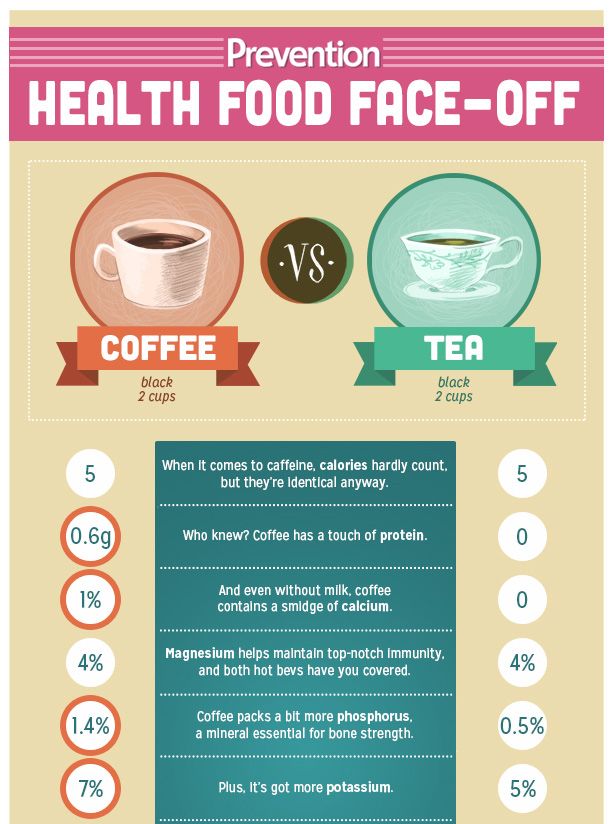 For more information, visit https://www.nichd.nih.gov.
For more information, visit https://www.nichd.nih.gov.
About the National Institutes of Health (NIH): NIH, the nation's medical research agency, includes 27 Institutes and Centers and is a component of the U.S. Department of Health and Human Services. NIH is the primary federal agency conducting and supporting basic, clinical, and translational medical research, and is investigating the causes, treatments, and cures for both common and rare diseases. For more information about NIH and its programs, visit www.nih.gov.
NIH…Turning Discovery Into Health®
References
Gleason, JL et al. Maternal caffeine consumption and metabolism and neonatal anthropometry in the NICHD Fetal Growth Studies. JAMA Network Open. 2021. doi:10.1001/jamanetworkopen.2021.3238
###
Connect with Us
- Contact Us
- YouTube
- Flickr
Caffeine in pregnancy | March of Dimes
We don’t know a lot about the effects of caffeine during pregnancy on you and your baby.
 So it’s best to limit the amount you get each day.
So it’s best to limit the amount you get each day.If you’re pregnant, limit caffeine to 200 milligrams each day. This is about the amount in 1½ 8-ounce cups of coffee or one 12-ounce cup of coffee.
If you’re breastfeeding, limit caffeine to no more than two cups of coffee a day.
Caffeine is a drug found in things like coffee, tea, soda, chocolate and some energy drinks and medicines. It’s a stimulant, which means it can keep you awake.
How does caffeine affect you and your baby during pregnancy?
Caffeine slightly increases your blood pressure and heart rate and the amount of urine your body makes. Caffeine may cause you to feel jittery, have indigestion or have trouble sleeping. During pregnancy, you may be especially sensitive to caffeine because it may take you longer to clear it from your body than if you weren’t pregnant. It may also make you feel nauseous or lightheaded.
When you have caffeine during pregnancy, it passes through the placenta to your baby.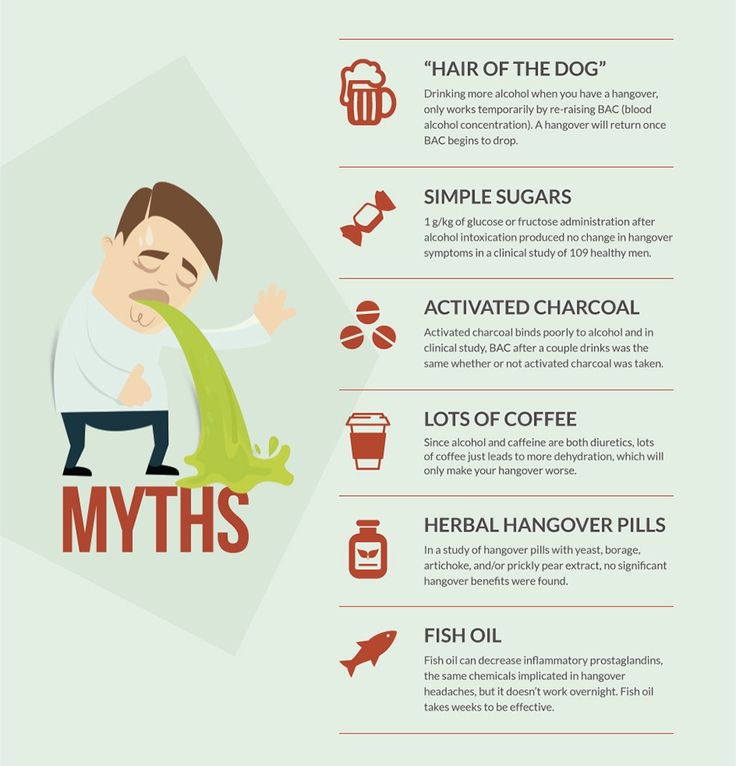 The placenta grows in your uterus (womb) and supplies the baby with food and oxygen through the umbilical cord.
The placenta grows in your uterus (womb) and supplies the baby with food and oxygen through the umbilical cord.
You may have heard that too much caffeine can cause miscarriage (when a baby dies in the womb before 20 weeks of pregnancy), preterm birth (birth that happens before 37 weeks of pregnancy is completed) or low birth weight (when your baby is born weighing less than 5 pounds, 8 ounces). Some studies say this is true, and others don’t.
Until we know more about how caffeine can affect pregnancy, it’s best to limit the amount you get to 200 milligrams each day. This is about the amount in 1½ 8-ounce cups of coffee or one 12-ounce cup of coffee. Be sure to check the size of your cup to know how much caffeine you’re getting.
What foods and drinks contain caffeine?
Caffeine is found in:
- Coffee and coffee-flavored products, like yogurt and ice cream
- Tea
- Some soft drinks
- Energy drinks
- Chocolate and chocolate products, like chocolate syrup and hot cocoa
- Some medicines
The amount of caffeine in foods and drinks varies a lot. For coffee and tea, the amount of caffeine depends on:
For coffee and tea, the amount of caffeine depends on:
- The brand
- How it’s prepared
- The type of beans or leaves used
- The way it’s served (for example, as espresso or latte)
- The size of the cup. Not all coffee cups are the same size, even though you think of them as a cup. Check to see how many ounces your cup has, especially if you’re buying a cup of coffee or tea. If you’re making coffee or tea at home, measure to check the size of the cup.
Some energy drinks contain large amounts of caffeine. For example, a 24-ounce energy drink may have up to 500 milligrams of caffeine. Energy drinks may have a lot of sugar, too, and they may contain ingredients that may be harmful to your baby during pregnancy. Because we don’t know a lot about all the ingredients in energy drinks, it’s best not to have them when you’re pregnant.
The amount of caffeine you get from food and drinks throughout the day adds up. So if you have a cup of coffee in the morning, you may want to limit or give up having other food and drinks during the day that have caffeine.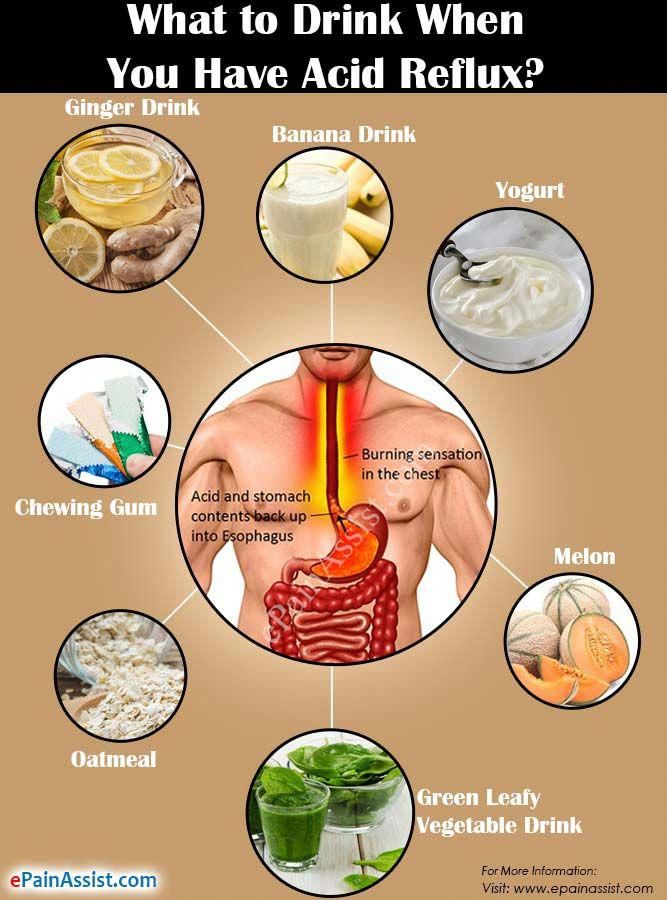
The list below shows the amount of caffeine in common food and drinks. The caffeine amounts are averages, so they may change depending on the brand or how the food or drink is made. Check the package label on food and drinks to know how much caffeine they contain.
What medicines contain caffeine?
Some medicines used for pain relief, migraine headaches, colds and to help keep you awake contain caffeine. The Food and Drug Administration (also called FDA) requires that labels on medicine list the amount of caffeine in the medicine.
If you’re pregnant, talk to your health care provider before taking any medicine that contains caffeine. This includes prescription and over-the-counter medicine. A prescription is an order for medicine given by a health care provider. You can buy over-the-counter medicine, like pain relievers and cold medicine, without a prescription.
Some herbal products contain caffeine. These include guarana, yerba mate, kola nut and green tea extract. Herbal products are made from herbs, which are plants that are used in cooking and for medicine. The FDA does not require that herbal products have a label saying how much caffeine they contain. If you’re pregnant, don’t use herbal products because we don’t know how much caffeine they contain.
Herbal products are made from herbs, which are plants that are used in cooking and for medicine. The FDA does not require that herbal products have a label saying how much caffeine they contain. If you’re pregnant, don’t use herbal products because we don’t know how much caffeine they contain.
Is caffeine safe during breastfeeding?
The American Academy of Pediatrics (AAP) says it’s safe for breastfeeding moms to have caffeine. A small amount of caffeine does get into breast milk, so limit caffeine if you’re breastfeeding. Breastfed babies of women who drink more than 2 to 3 cups of coffee a day may become fussy or have trouble sleeping. You may want to drink less caffeine if your baby was born preterm or newborn because she may digest caffeine more slowly.
Last reviewed: April 2020
Effects of restricted maternal caffeine intake on pregnancy, fetal and newborn outcomes
Caffeine is a stimulant found in tea, coffee, cola, chocolate and some over-the-counter drugs.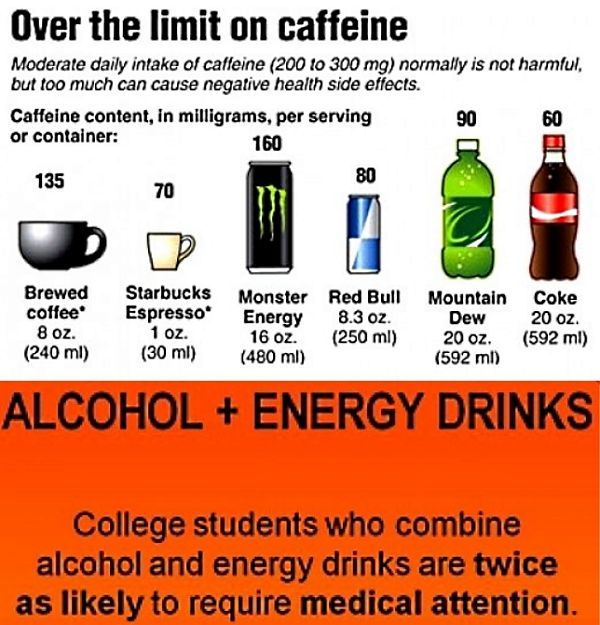 Conflicting literature has made it difficult for health professionals to advise pregnant women on whether caffeine intake should be avoided during pregnancy. The clearance of caffeine from the mother's blood (clearance of caffeine from the blood) is slowed down during pregnancy. Some authors of observational studies have concluded that caffeine intake is harmful to the fetus, causing growth restriction, low birth weight, preterm labor, or stillbirth. The newborn may also experience withdrawal symptoms if the mother consumes large amounts of caffeine during pregnancy (more than eight cups of coffee per day).
Conflicting literature has made it difficult for health professionals to advise pregnant women on whether caffeine intake should be avoided during pregnancy. The clearance of caffeine from the mother's blood (clearance of caffeine from the blood) is slowed down during pregnancy. Some authors of observational studies have concluded that caffeine intake is harmful to the fetus, causing growth restriction, low birth weight, preterm labor, or stillbirth. The newborn may also experience withdrawal symptoms if the mother consumes large amounts of caffeine during pregnancy (more than eight cups of coffee per day).
Two studies met the inclusion criteria, but only one contributed data to the outcomes of interest for the review. The study was conducted in Denmark. Women less than 20 weeks pregnant were randomized to either caffeinated instant coffee (568 women after elimination) or decaffeinated instant coffee (629 women). Three cups of coffee per day in early pregnancy had no effect on birth weight, preterm birth, or growth restriction.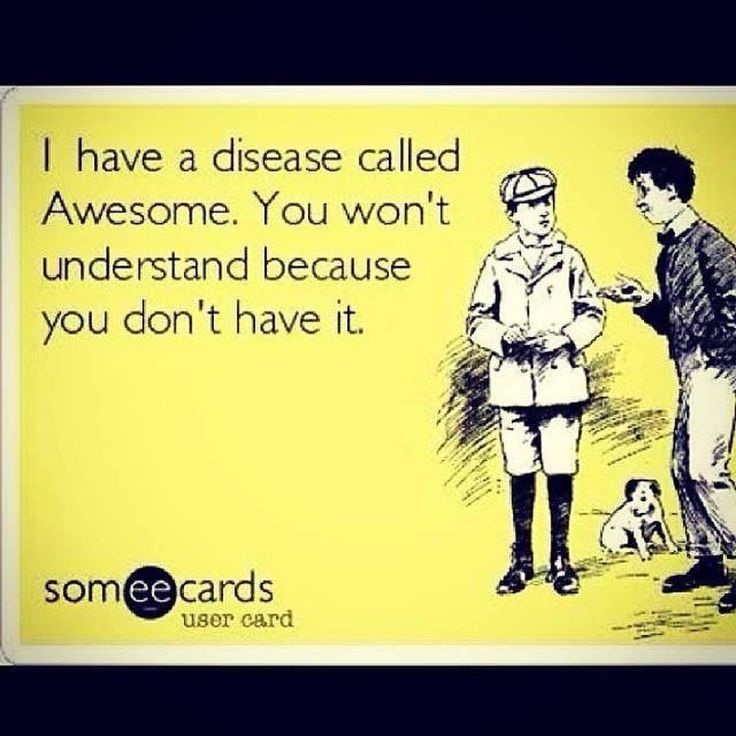
Both included studies were randomized controlled trials. In one study, pregnant women were randomly assigned to caffeinated or non-caffeinated groups. In another clinical trial, it was not clear if the allocation to study groups was blinded [hidden]. The blinding of study staff and participants was satisfactory in both studies, while blinding of investigators evaluating outcomes was not clearly stated. One study also unclearly explained the presence of attrition bias (dropouts, loss of patients from follow-up). Results from one trial that provided data for analysis showed no evidence of an effect of caffeine withdrawal on outcomes such as birth weight, preterm birth, and small-for-gestational age [gestational age].
Two outcomes were assessed and assigned a quality rating using the GRADE methodology. The quality of the evidence for these two outcomes, namely birth weight and preterm birth rate, was rated as low, with downward decisions due in part to the relatively small sample sizes and wide confidence intervals of the single included trial that contributed data to this review.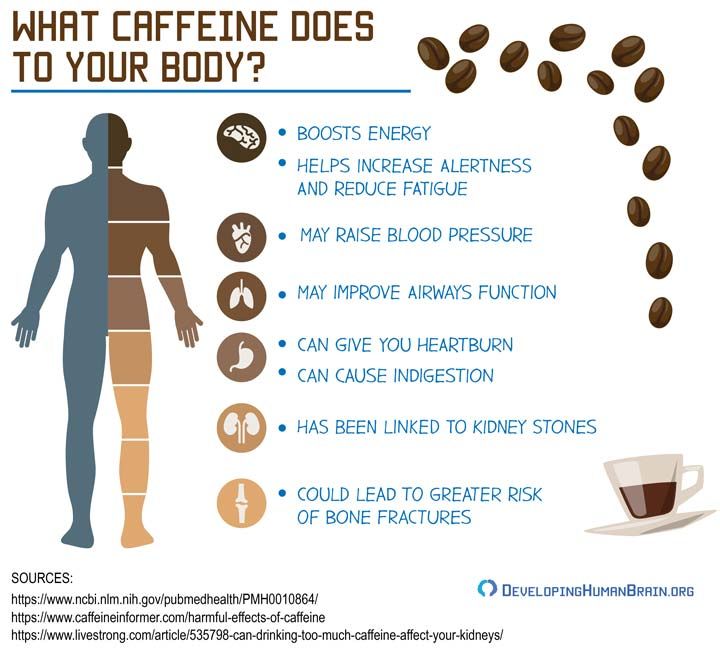
There is insufficient evidence to confirm or refute the effectiveness of avoiding caffeine intake on birth weight and other pregnancy outcomes.
Translation notes:
Translation: Yudina Ekaterina Viktorovna. Editing: Ziganshina Lilia Evgenievna. Russian translation project coordination: Kazan Federal University - an affiliated center in Tatarstan of the Northern Cochrane Center. For questions related to this translation, please contact us at: [email protected]
is it still possible or not?
June 16, 2022 12:23 Olga Muraya
There are a number of strict dietary restrictions during pregnancy, but it is not necessary to completely eliminate coffee from your daily diet.
Photo by Anna Civolani/Unsplash.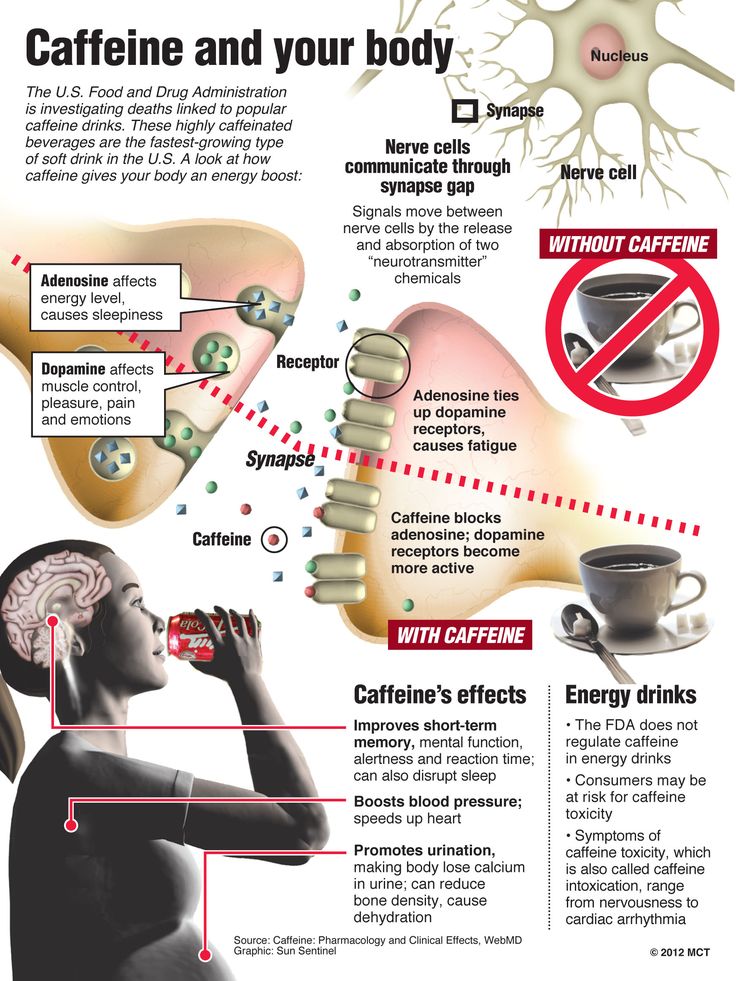
Researchers confirm that drinking coffee during pregnancy does not pose serious risks to the mother and her unborn child.
An international team of scientists has determined that daily coffee consumption does not increase the risk of preterm birth, miscarriage or stillbirth.
Researchers say that pregnant women can safely drink coffee at least every day without fear of side effects. But it is still necessary to limit its consumption to the recommended rate.
Recall that WHO recommends that pregnant women consume no more than 300 mg of caffeine per day. In the United States and some European countries, the maximum dose of caffeine is even less - 200 mg per day.
In general, these recommendations are equivalent to 1-3 cups of coffee per day, although the amount of caffeine in different coffee drinks can vary greatly.
Previous recommendations were based on observational studies. They make it difficult to separate coffee consumption from other risk factors such as smoking, alcohol or poor diet.
They make it difficult to separate coffee consumption from other risk factors such as smoking, alcohol or poor diet.
The authors of the new study wanted to find out whether coffee itself actually increases the risk of adverse pregnancy outcomes.
They relied on research showing that a certain set of genetic variants influences how much coffee we drink.
Of course, the researchers couldn't ask women to drink the prescribed amount of coffee during pregnancy to assess health risks. This would be highly unethical.
Instead, they used genetic analysis to mimic a randomized controlled trial. Let us explain that this is the highest quality standard of scientific work in the view of modern scientists.
The researchers used a method called Mendelian randomization. ( It is named after the eminent biologist Gregor Mendel. ) Scientists have studied whether eight genetic variants that predict how much coffee a pregnant woman consumes are also associated with birth outcomes.